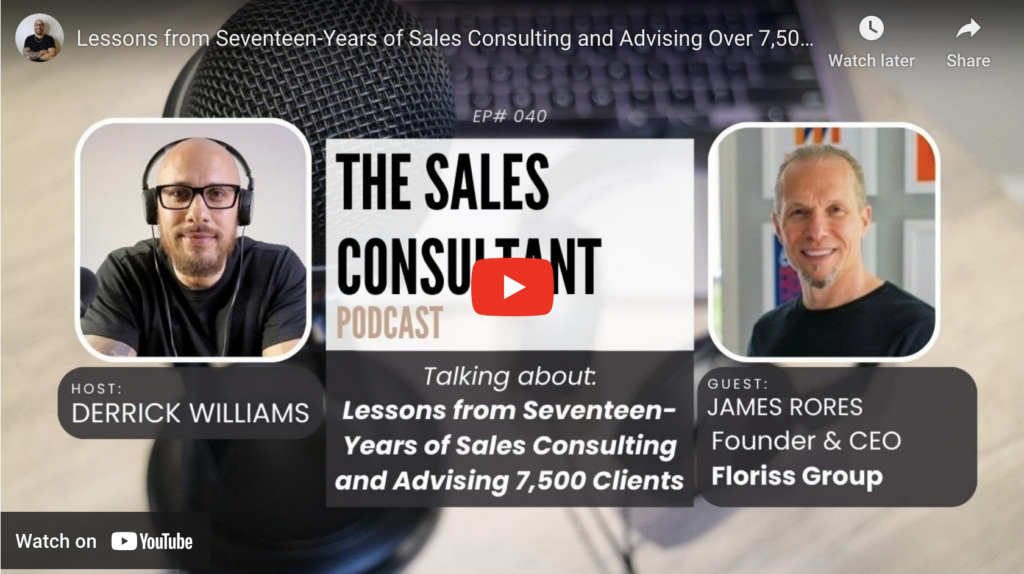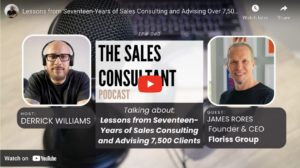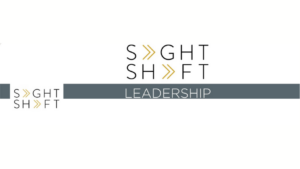What does it mean to be held hostage by any employee? At a basic level, it means you have an employee who you believe is uniquely essential to the success of your business or a critical business system. And, because you have allowed them to play such an important role, if you lost them permanently or for an extended period of time (e.g., vacation, illness, leave of absence), your business would suffer a noticeable and potentially irreversible setback.
So, in order to avoid that setback, you take unusual measures to make this employee happy. Though it may not be obvious in the moment, because your business is benefiting from this employee right now, the long-term implications of allowing yourself to be held hostage are almost always detrimental. It’s a matter of probability, and the odds are 9 in 10 that at some point you will experience the downside of this imbalance of power.
Why are the odds so high?
Whether you realize you are a hostage or not, when you’re in this situation your decision-making becomes restricted to what is possible only with this employee on the team. Instead of growing stronger, your business becomes less agile. And you may not even be able to see the transformation occur. This is because the effects compound slowly over time, impacting who you hire or don’t hire, the investments you make and don’t make, and the goals you’re willing and not willing to pursue.
Eventually, your business becomes optimized to short-term targets, which expose you to greater long-term risks. Unfortunately, this also has a negative effect on the value of your business, which may not be seen until you’re ready to pull the trigger on a life-changing exit or finance an important acquisition. And by this time, it may be too late. You may not have the time to adjust.
If you’re a sales-driven company, the downside risks are even higher. When the balance of power is skewed to one or two key sales team members, your ability to adjust to market forces and take advantage of emerging opportunities can become limited. The foundation of your growth strategy, go-to-market plan and sales pipeline can grow more inflexible, which means you lose the ability to effectively compete for new business and protect existing business from more balanced and agile competitors.
What’s the solution?
In order to find the solution, you have to properly diagnose the problem. At first glance you may see this as a people problem. A function of not having the right people in the right seats on the right bus. No doubt, this is an important area of focus, which I will get to in a moment. But it’s not the first place we look.
For most businesses, their people problem is more likely a symptom of something much larger — the biases and self-limiting beliefs of the business owner or their leaders.
For example, if a leader’s past experience causes them to assume a top sales producer is successful because they have a set of unique traits that cannot be duplicated, that leader is automatically limiting the business’ options for growth. Worse, they may elevate that top producer to ‘untouchable’ status in their own mind, causing them to make a series of decisions that severely restrict the business’ potential and long-term value.
We have encountered many more examples of common self-limiting beliefs over the years. I talk more about this phenomenon during an interview on an EXIT PLANNING PODCAST hosted by our friends at Value Scout, which you can find here.
After exploring the self-limiting beliefs impacting your business decisions (we all have them), we then take a look at the strategies, systems, processes, methodologies, technology and accountability frameworks used to run your business.
The more your business is built upon predictable, repeatable processes and systems, the less it will be reliant upon any one or more unique employees. Why? If you already know what is required to succeed, you can build proven processes and systems that become a permanent part of your company’s infrastructure and intellectual property.
Now, you just have to be good at hiring people who are ideally suited to execute and excel in those roles. To achieve this goal, we provide our clients with tools to help develop predictive role definitions that identify what is required to succeed in one or more key roles. Then, we show them how to use the same tools to evaluate the fit of new and existing candidates for those roles.
Not only do we help optimize role-fit—placing the right people in the right roles at the right time—we improve the exit value for its owner and stakeholders by eliminating the risk of ever being held hostage by an employee again.
For more insight into our process, hit us up at grow@florissgroup.com or feel free to grab time on my calendar. As always, we’re here if you have questions.
Together,











